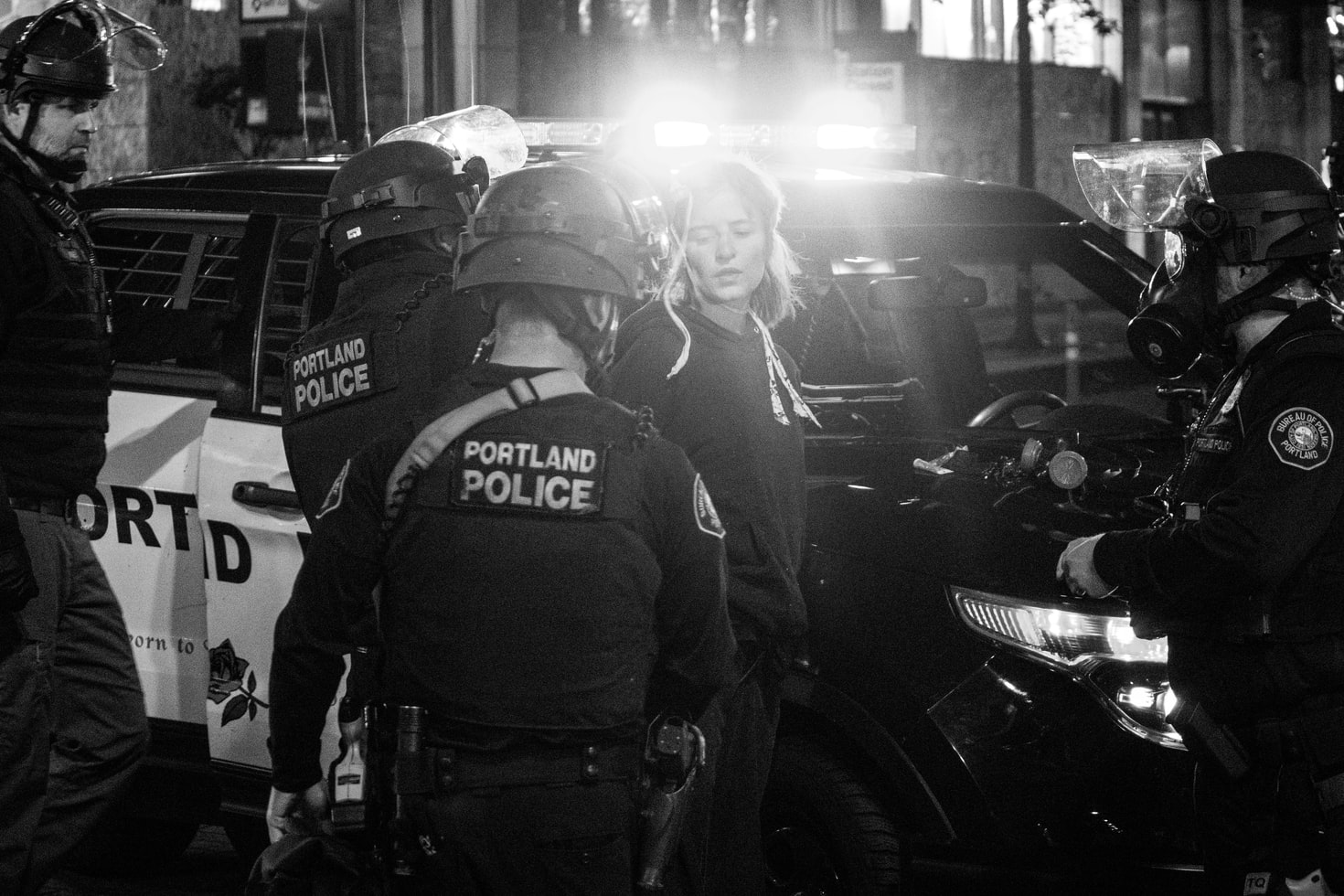If you have ever been arrested, you have likely been aware of your Miranda rights. These are the rights that protect you from being coerced into giving away information to the police. However, many people do not fully understand what their Miranda rights entail. This blog post will discuss six things you should know about your Miranda rights from a criminal defense attorney.
What are Miranda Rights?
Miranda rights are the set of protections that Miranda v. Arizona, 384 U.S. 436 (1966) established for individuals in police custody and being questioned by law enforcement officers. The Miranda ruling requires law enforcement officers to read suspects their Miranda rights before questioning them in a custodial setting. These rights include the right to remain silent, the right to have an attorney present during questioning, and the right to be informed of these rights.
What do Miranda Rights Protect You From?
The Miranda ruling protects individuals from being coerced into giving away incriminating information to law enforcement officers. The Supreme Court found that individuals in police custody are at risk for confessing to crimes they did not commit without these protections. This is because law enforcement officers can use intimidation and threats to get suspects to talk.
How Can You Be Sure That Your Miranda Rights Have Been Read To You Properly?
If you are in police custody, the law enforcement officer questioning you must read your Miranda rights. If you are not in police custody, the officer is not required to read your Miranda rights. However, it is good to ask if you are being detained or arrested, as this will trigger the Miranda rights.
What Should You Do if the Police Try to Question You Without Reading Your Miranda Rights?
If the police try to question you without reading your Miranda rights, politely inform them that you wish to speak with an attorney before answering any questions. Do not answer any questions until you have had a chance to speak with an attorney. Remember, anything you say to the police can and will be used against you in court.
Are There Any Exceptions to the Miranda Rule?
Yes, there are a few exceptions to the Miranda rule. One exception is the public safety exception. This exception allows law enforcement officers to ask questions about ongoing threats to public safety without reading suspects their Miranda rights. Another exception is the voluntary waiver exception. This exception allows suspects to waive their Miranda rights and agree to be questioned without an attorney present. However, waiving your Miranda rights is not advisable, as anything you say can and will be used against you in court.
Can You Waive Your Miranda Rights?
You can waive your Miranda rights, but it is not advisable to do so without first speaking with an attorney. If you choose to waive your Miranda rights, understand that you may be giving up your right to remain silent and your right to have an attorney present during questioning.
What Happens if You Choose To Waive Your Miranda Rights?
If you choose to waive your Miranda rights, the police can question you and use anything you say against you in court. Keep in mind that you are not required to waive your Miranda rights, so it is always a good idea to speak with an attorney before making this decision.
The Miranda rule is an important protection for citizens during police questioning. If the police question you, be sure to ask if your Miranda rights have been read to you. If they have not, politely refuse to answer any questions until they do so. There are some exceptions to the Miranda rule, but in most cases, it applies. You can also choose to waive your Miranda rights, but be aware of the consequences of doing so. If you have any questions about your Miranda rights or anything else related to criminal law, please get in touch with an attorney.
